McLeod was originally named Sandoun for the many sand dunes in the area. It was later renamed McLeod for local realtor J. J. McLeod. It is located in the Sheyenne National Grasslands and it’s the only village located in the 300 square mile Sandhill area. The Sandhill area is characterized by sandy soils that were originally deposited as a delta of the ancient river as it emptied into Glacial Lake Aggassiz.
The drought of the 1930’s devastated its trade area. Fields became dunes of sand, pastures eroded and the sand drifted into and completely buried groves of trees. Businesses disappeared. The government then purchased the badly eroded, tax delinquent land and converted it into a grazing area controlled by the Sheyenne Valley Grazing Association which was incorporated in 1941.
These national grasslands have multiple uses. They are leased by local ranchers for grazing livestock as it encompasses thousands of acres of natural prairie. The area is also used for recreation and is home to the Prairie Orchid, the Prairie Chicken, and the Sharp-Tailed Grouse.
Completed in 2009 and located in the heart of downtown, the McLeod Campground offers full hook-up capabilities.
The population of McLeod in 2020 was 10. Total land area is 0.774 square miles.
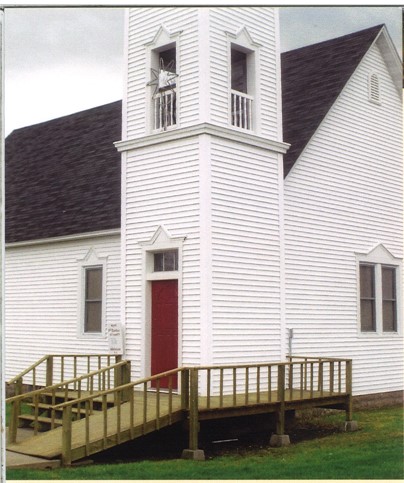
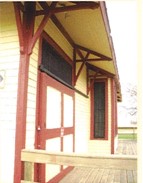
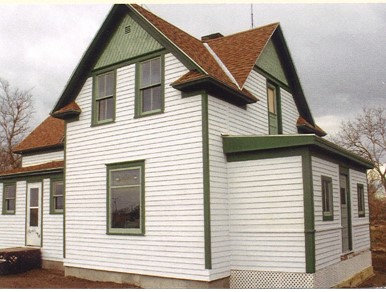
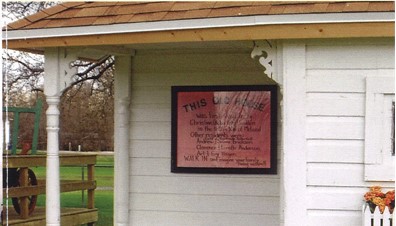
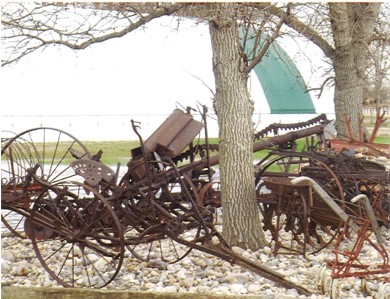

Dining
Community Events
Points of Interest
Built in 1909 and located on First Street, the Presbyterian Church is home to the McLeod Historical Preservation Society, where artifacts and historical documents are kept. The society has grown to become a complex of building sites. The museum complex is open the 1st Sunday of June, July, & August from 2-4 PM or by appointment. For more information, contact: Clayton Johnson 701-439-2516 John Sveum 701-439-2207
The school operated from 1907-2002. The classroom contains school memorabilia and also on display are pictures of over 280 homestead sites. The list of sites include all the names of those who lived on those sites.
The school is heated/air-conditioned with a complete kitchen and dining/meeting room able to accomodate up to 80 people so it is available for rent.
The Depot was brought back to McLeod in 2002 after being located on a farm a few miles from town for 39 years. After being neglected for years, some TLC and paint restored the building making it one of the Museum’s main attractions.
In the day, the Soo Line Railroad shipped everything from cream to cattle out of McLeod. In the 1940’s, a Kansas City Company shipped over one million pounds of grass seed from a yard just north of McLeod. At this time, over 150 local people were employed in the drying yards just north of town.
This home was built in the 1800s by Christine Ankerfelt Bowden and it was originally located northwest of McLeod.
One of the long-time residents addressed her wedding invitations from this house. In fact her parents lived in this home while their farm was being built.
Pete Frisk immigrated to the United States from Sweden. The home built by another Swedish immigrant, Albert Obrink. This home was moved 8 miles from Section 4, Freeman Township to McLeod. Three rooms of the home were built in 1898 and completed in 1909. It is being restored to replicate the original home as close as possible.
This building was built in 2008 and it displays many pieces of unique machinery for years past.
204 Dakota Ave
(701)293-0998
The church was brought in from Owego Township in 1952 and remodeled. Bethany maintains a very active congregation hosting a variety of events from quilting to 4-H club meetings.
The VFW Hall (Post #9067) originated in 1949. The hall acts as a community center for meetings, gatherings, bingo, and the annual Bethany Church auction.